The event is highly symbolic in a volatile international context. Chinese President Xi Jinping’s presence in Moscow is seen as a testament to the increasingly close ties between the two Eurasian powers, and a “hidden” message to Western countries about China’s growing presence and influence in global affairs – especially geopolitical crises such as the conflict in Ukraine.
From a strategic perspective, experts see the event as part of Moscow’s efforts to strengthen its international position through close cooperation with Beijing. In the context of the uncertain negotiations between Russia and the US regarding Ukraine, political support from a major partner like China gives Russia a certain psychological and diplomatic advantage. This can influence the approach of the parties involved, especially the US, when considering options in the negotiation process.
For Washington, any sign of retreat from the negotiating table risks leaving a diplomatic vacuum that China could fill. In that scenario, Russia-China cooperation could become closer, affecting the global balance of power, especially within the framework of multilateral institutions and regional security issues.
Therefore, President Xi’s visit is not simply a diplomatic activity, but also a factor shaping the strategic context. If the US wants to maintain its influence in the European region and play a leading role in the process of resolving the conflict in Ukraine, it will have to carefully consider every step, including the possibility of making certain concessions to reach a favorable agreement, or at least maintain its position.
Another notable feature of Chinese President Xi Jinping’s visit to Moscow was the two countries’ emphasis on their shared historical memory of World War II. Russia and China both see themselves as the main combatants and the ones who suffered the heaviest losses in that war – the Soviet Union in the European theater and China in the Asian theater.
Analysts say that the two countries’ emphasis on the role of “main winner” is not only to reaffirm historical positions, but also to serve current political goals. In the context of the international order facing many challenges – from increased military spending, re-launched arms races to the use of military force beyond the framework of international law – invoking historical memory has become a highly symbolic political tool.
Russia and China are actively positioning themselves as “guardians of the post-World War II order” – a role built on the legacy of victory and historical loss during the war. By emphasizing historical memory, both countries not only assert continuity in their global roles, but also use the past as a tool to reinforce their current political positions, especially on issues of international security and order.
However, this approach has not been without its critics. From the perspective of many Western countries, this can be seen as the “politicization of history” – when the memory of victory is used to justify controversial geopolitical actions, from regional interventions to challenges to contemporary international principles.
Despite the controversy, it is undeniable that World War II still plays a central role in the strategic discourse of Russia and China. More than just a symbolic element, historical memory is becoming a soft power tool, serving the purpose of building legitimacy and counteracting pressure from Western institutions.
The 80th anniversary of Victory in the Great Patriotic War, attended by Russian President Vladimir Putin and Chinese President Xi Jinping, therefore has significance beyond the historical event. It is an opportunity for the two leaders to send a message about the role of Russia and China as forces supporting the “peaceful post-war order” and indirectly criticize military moves or foreign policies that are seen as threatening to undermine that foundation.
While highly symbolic, President Xi Jinping’s visit to Moscow is also deeply rooted in practical interests. The agenda will focus on economic cooperation, regional security and the role of multilateral mechanisms such as the Shanghai Cooperation Organization (SCO), especially as the Tianjin summit approaches. Global “hotspots” such as the Middle East, Afghanistan and India-Pakistan tensions will also be on the agenda.
However, what makes the visit so noteworthy is its symbolic significance. The international community expects Russia and China to make important contributions to safeguarding global peace and stability. President Xi Jinping’s visit to Moscow is not only an opportunity for the two countries to demonstrate their deep solidarity, but also an opportunity to reinforce their commitment to a stable and just world order. In a context of rising global tensions, the roles of Russia and China have become increasingly important in promoting dialogue, mitigating conflicts and safeguarding peace, especially in vulnerable regions such as the Middle East and Asia.
By focusing on multilateral cooperative solutions and jointly upholding the principle of respect for national sovereignty, Russia and China can contribute to building a sustainable international environment where countries can resolve disagreements through dialogue and cooperation rather than military confrontation.
Hung Anh (Contributor)
Source: https://baothanhhoa.vn/ky-uc-lich-su-thong-diep-hien-dai-khi-moscow-va-bac-kinh-cung-len-tieng-248147.htm


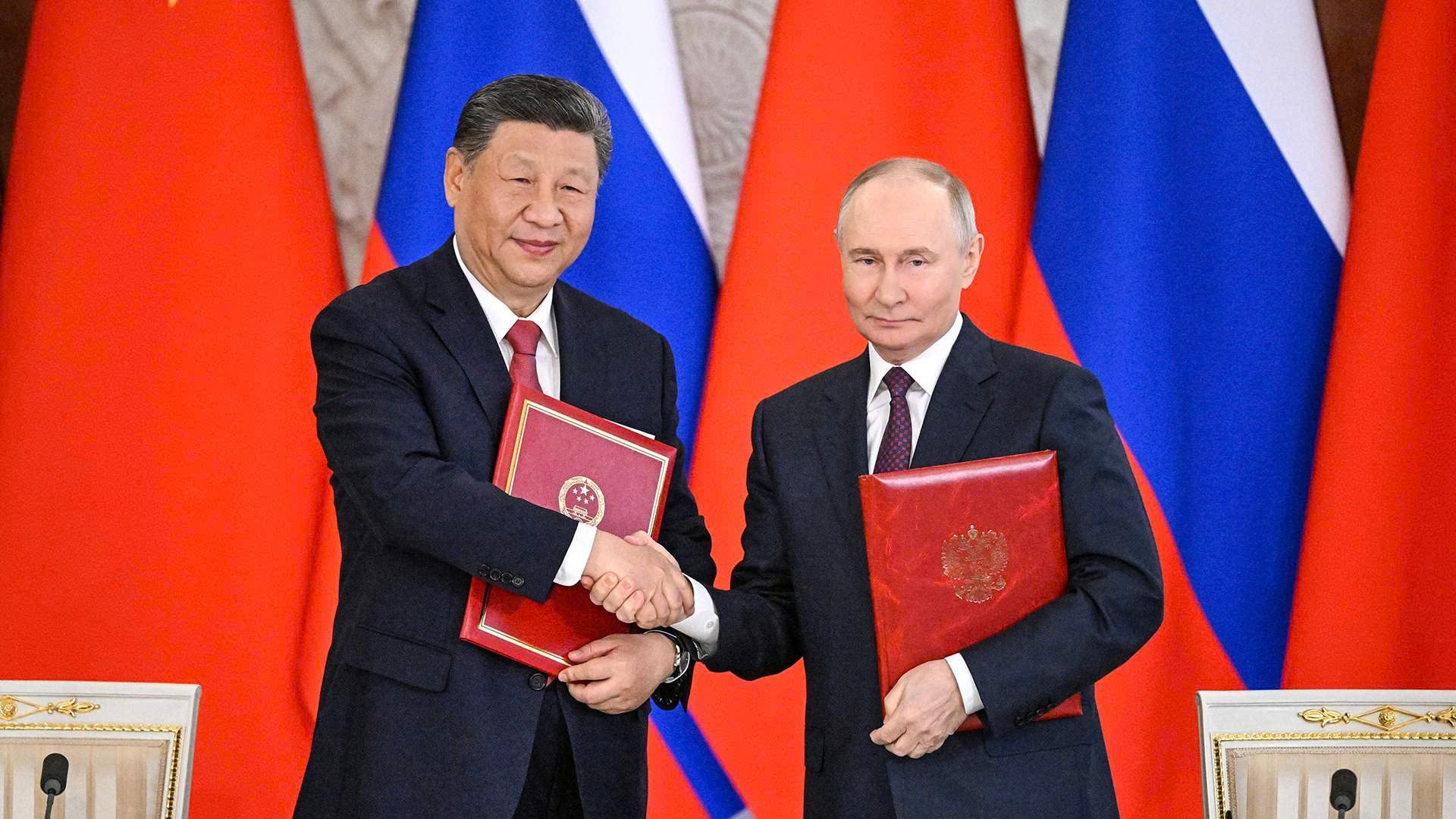
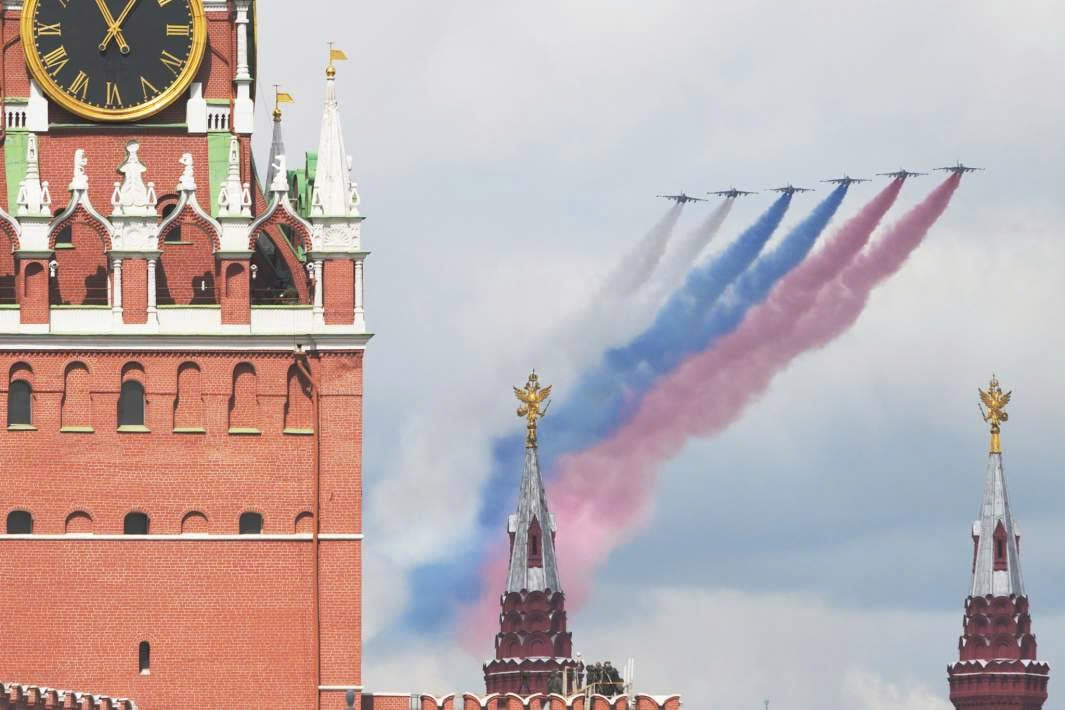

![[Photo] Pink ball and table tennis](https://vphoto.vietnam.vn/thumb/1200x675/vietnam/resource/IMAGE/2025/5/26/d9f770bdfda243eca9806ea3d42ab69b)
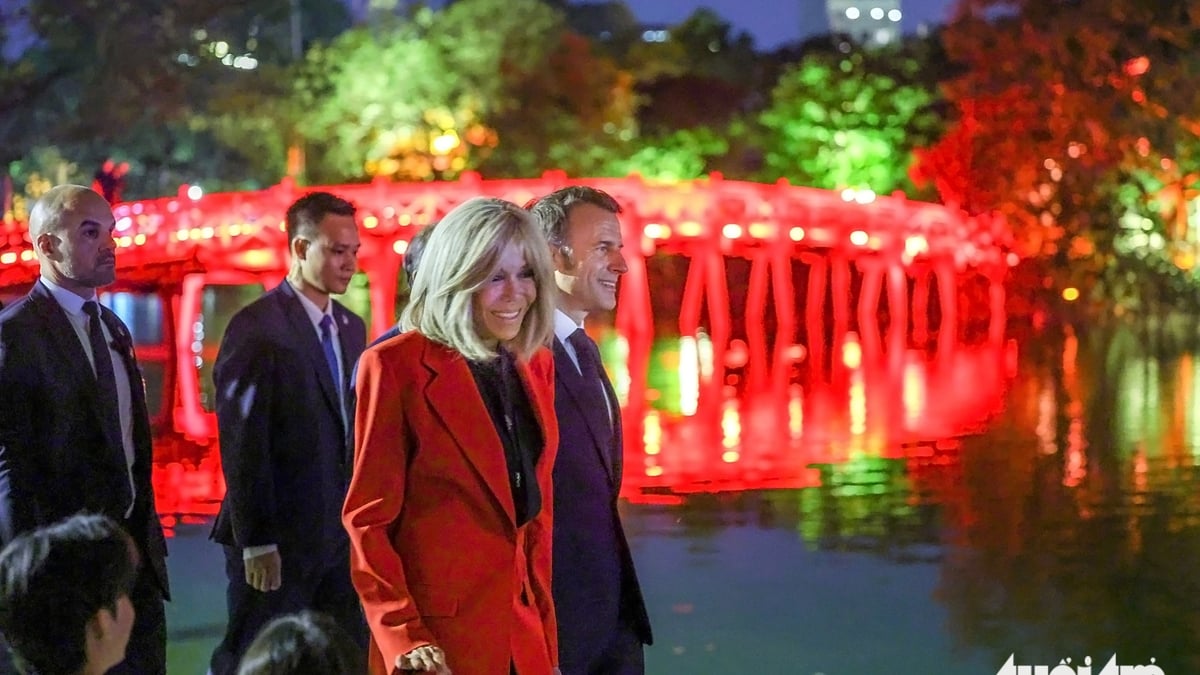
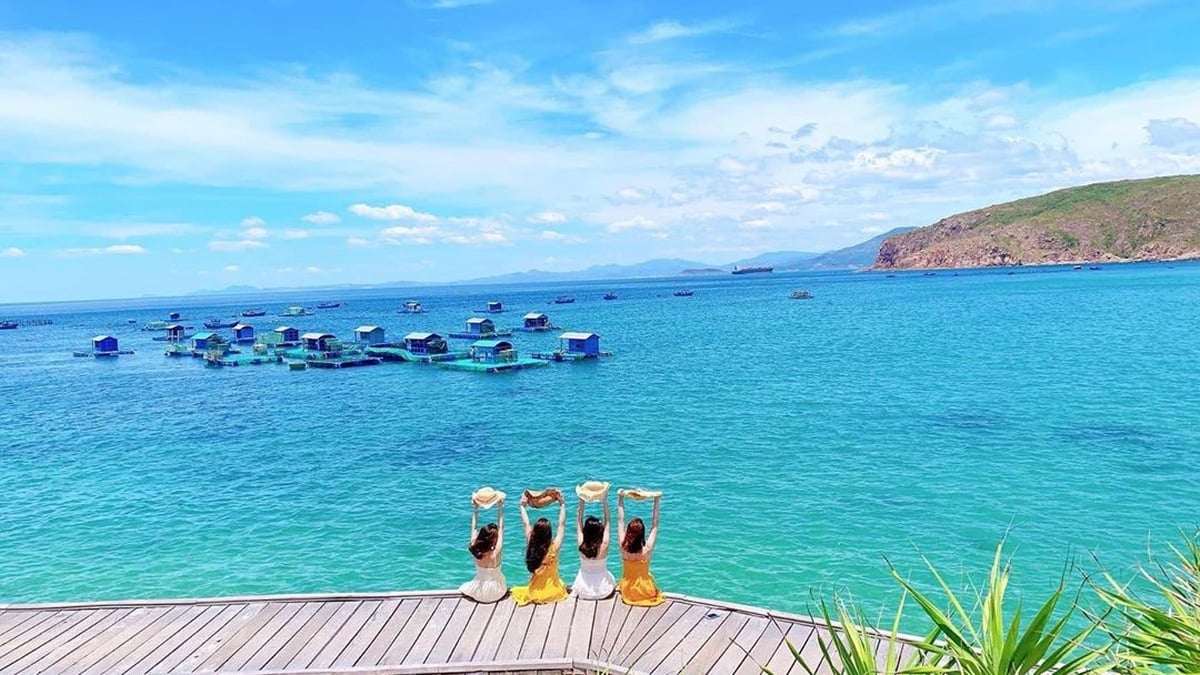
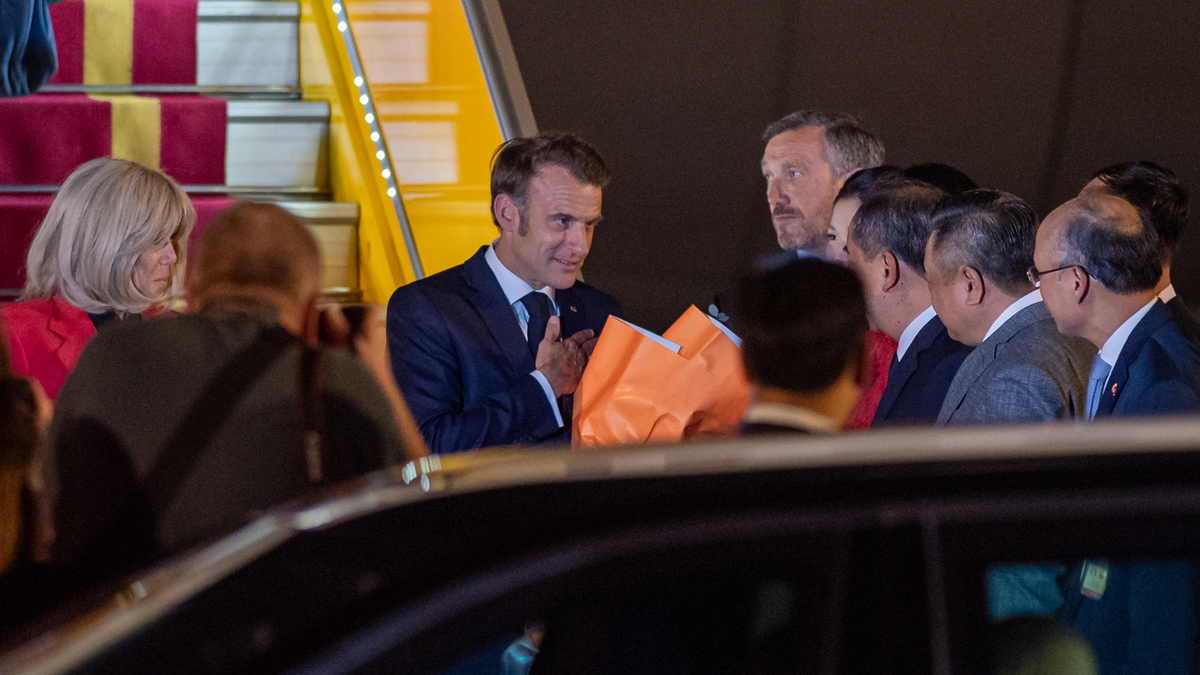



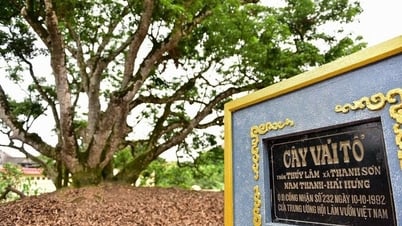

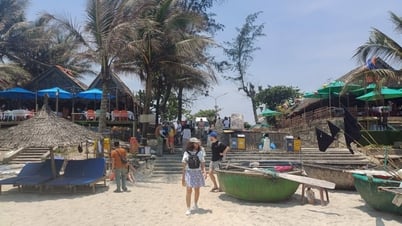

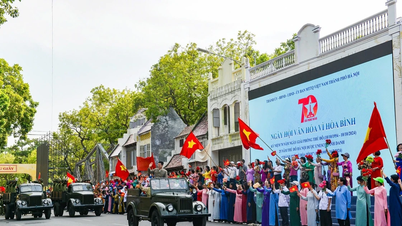

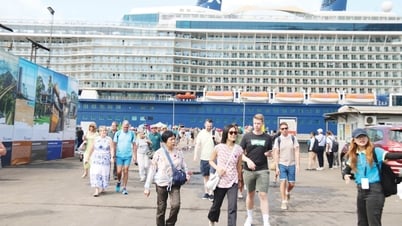

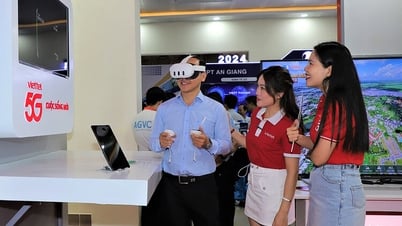




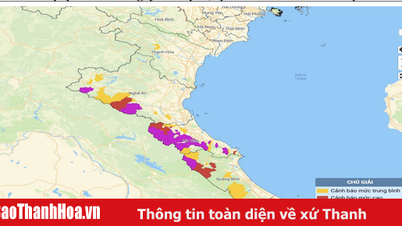
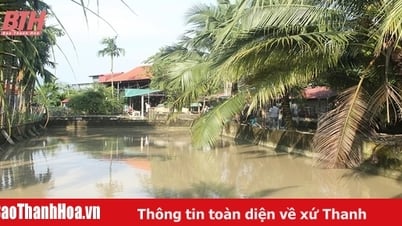
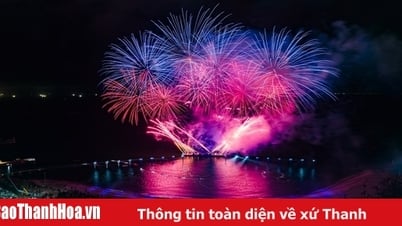
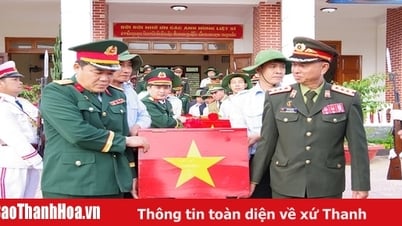
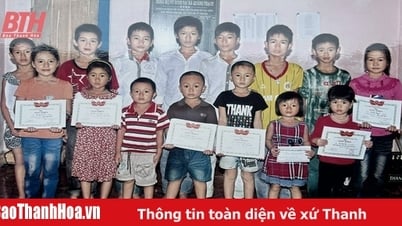

![[Photo] Ea Yieng commune settlement project abandoned](https://vphoto.vietnam.vn/thumb/1200x675/vietnam/resource/IMAGE/2025/5/25/57a8177361c24ee9885b5de1b9990b0e)
![[Photo] French President Emmanuel Macron and his wife begin state visit to Vietnam](https://vphoto.vietnam.vn/thumb/1200x675/vietnam/resource/IMAGE/2025/5/25/03b59c7613144a35ba0f241ded642a59)


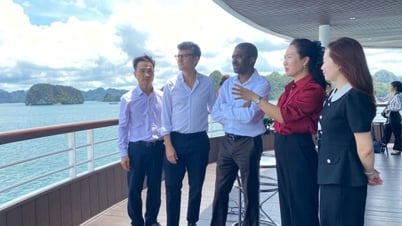

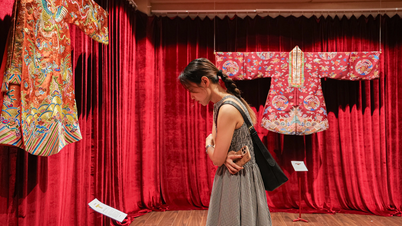







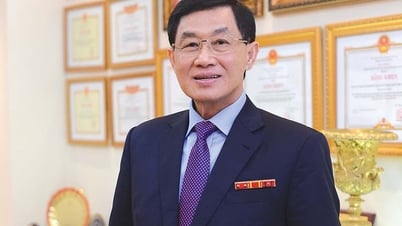



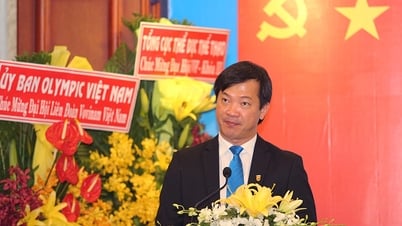














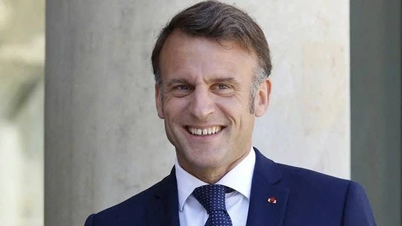

![[Infographic] Vietnam-France Comprehensive Strategic Partnership](https://vphoto.vietnam.vn/thumb/402x226/vietnam/resource/IMAGE/2025/5/26/986f63068ea9413dbbb558ee6c6944f3)

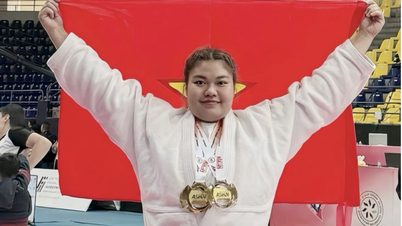
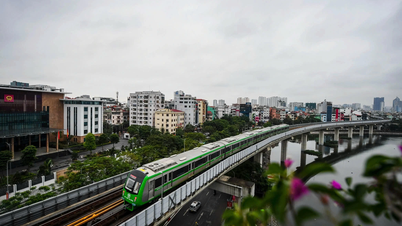
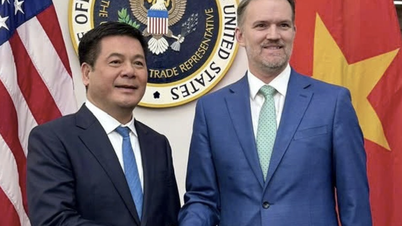


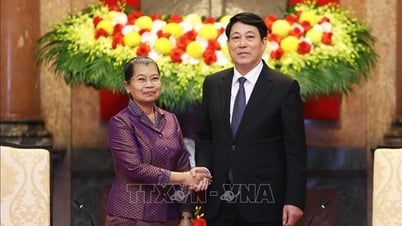

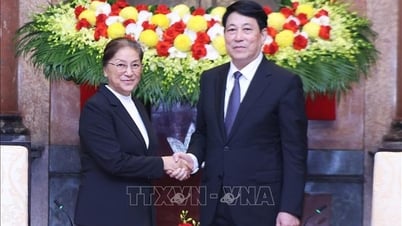







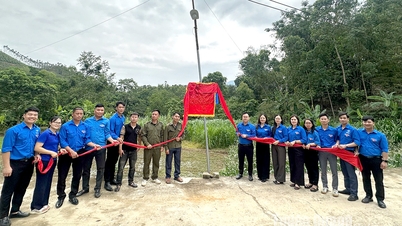

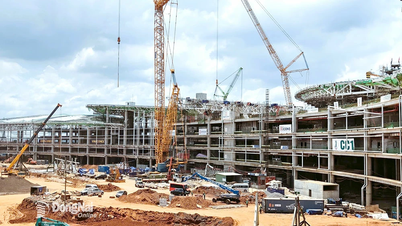



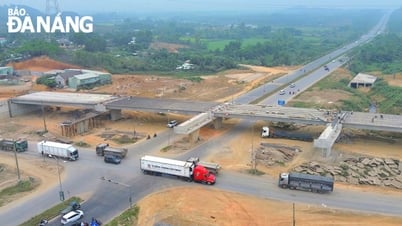
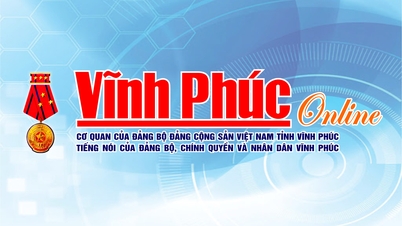



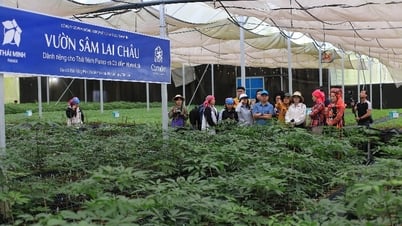


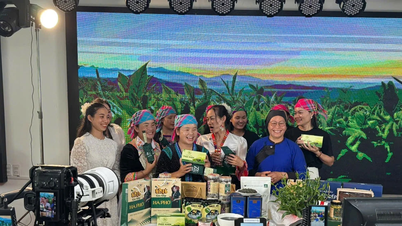




Comment (0)